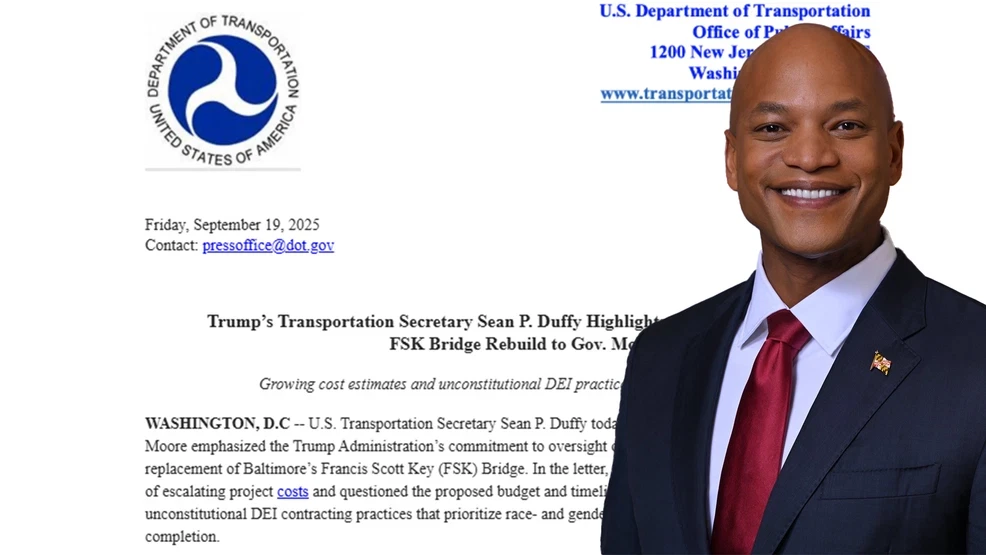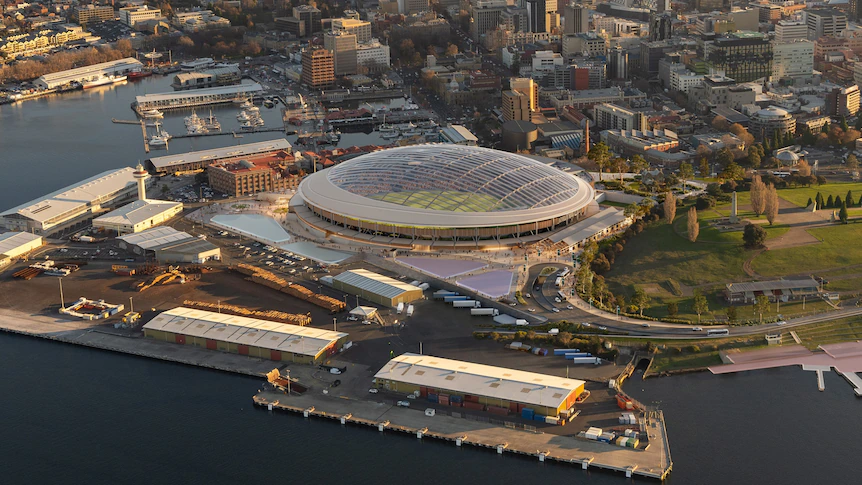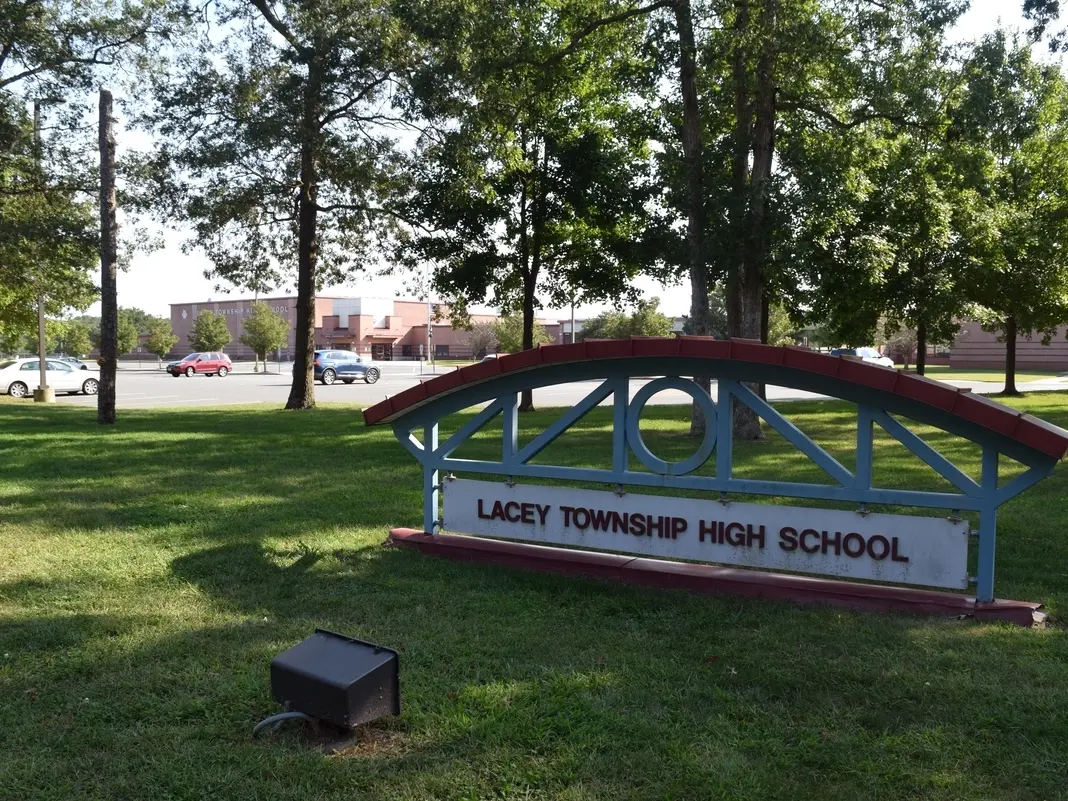
Gov. Wes Moore responded Friday to a warning funding for the Key Bridge rebuild effort may be in jeopardy if the state uses diversity, equity, and inclusion practices to determine contracting awards.
U.S. Transportation Secretary Sean Duffy sent Gov. Moore a letter outlining several concerns, including about the budget and timeline, but also about how the state awards contracts for construction.
“Any reliance on race or sex conscience factors in contracting decisions could introduce significant legal vulnerabilities and inefficiencies in the management of the project,” Duffy wrote in the letter.
ALSO READ |
In response, Gov. Moore outlined why he believes the Key Bridge is vital to not only the state’s economy, by the country as a whole. Goods that pass through the Port of Baltimore touch states beyond Maryland, like Michigan, Kentucky and Tennessee, Moore said.
“We must keep in perspective that 13% of our state’s economy hangs in the balance and that the goods that flow through the Port don’t just touch Marylanders,” Moore said. “The Port of Baltimore handles more cars and more farm equipment than any other port in the country.”
The Port of Baltimore is also ranked second for salt and export coal, Moore added in his response to Duffy’s letter.
But the governor did acknowledge that the state will “continue to work with the Trump Administration to find ways to reduce costs and rebuild faster.” A price estimate is expected to be finalized in the coming months, Moore said, and the state will provide updates from the Maryland Department of Transportation.
ALSO READ |
“In the meantime, we will continue to pursue litigation and make substantial financial contributions by way of advance construction costs and insurance settlement dollars to keep the project moving,” Moore concluded.
The lengthy statements from the governor, which also talked about how the collapse happened and the truncated timeline in which the shipping channel was opened, did not mention the concerns highlighted in Duffy’s letter about DEI practices, however.
The Trump Administration’s letter came as no surprise to John Dedie, a Baltimore area political analyst. Dedie said given the back-and-forth Moore had with President Donald Trump recently over the , and the Trump Administration’s opposition to DEI practices, the details from Duffy aren’t shocking.
“I think it’s another way of reminding the state of Maryland and Governor Moore who’s the authority here,” Dedie explained. “We could do a variety of things with this project at any time. And here’s what we’re telling you what has to happen. Follow the rules of the road or else.”
Maryland has a which seeks to ensure “socially and economically disadvantaged small business owners” are included in state contracting opportunities. According to the program’s website, it was created by state lawmakers in 1978 and is touted as “a national model for minority inclusion.”
“This is going to create a little bit of a havoc for the state of Maryland,” Dedie said. “What do you do when you have these provisions that a minority contractor gets so many percentages of the bids on work?”
I think that this could be a way of saying, well, you have to follow our rules. And Maryland’s saying, well, we’ve got our rules. Well, guess what? We’re the federal government, Dedie explained.
Other Democrats also issued a statement about Duffy’s letter; the Democrats from Maryland’s Congressional Delegation – everyone except for – all talked about how the Key Bridge “was bigger than Baltimore and Maryland,” and said Congress already approved funding to cover the cost of the rebuild.
“As we have with other major infrastructure disasters with nationwide implications, Congress came together on a bipartisan basis to provide the full resources necessary for reconstruction to ensure it can be rebuilt as quickly and efficiently as possible,” the group statement said. “The federal government’s commitment to fund the rebuild is enacted into law, and the construction contract was awarded through a legal, competitive, transparent process.”
Like Gov. Moore, the federal lawmakers said they would “continue working with the Department of Transportation and our partners to keep delivering on this national priority and commitment.”
Construction on the new bridge has begun and is expected to cost more than $1.8 billion and be completed by 2028.



